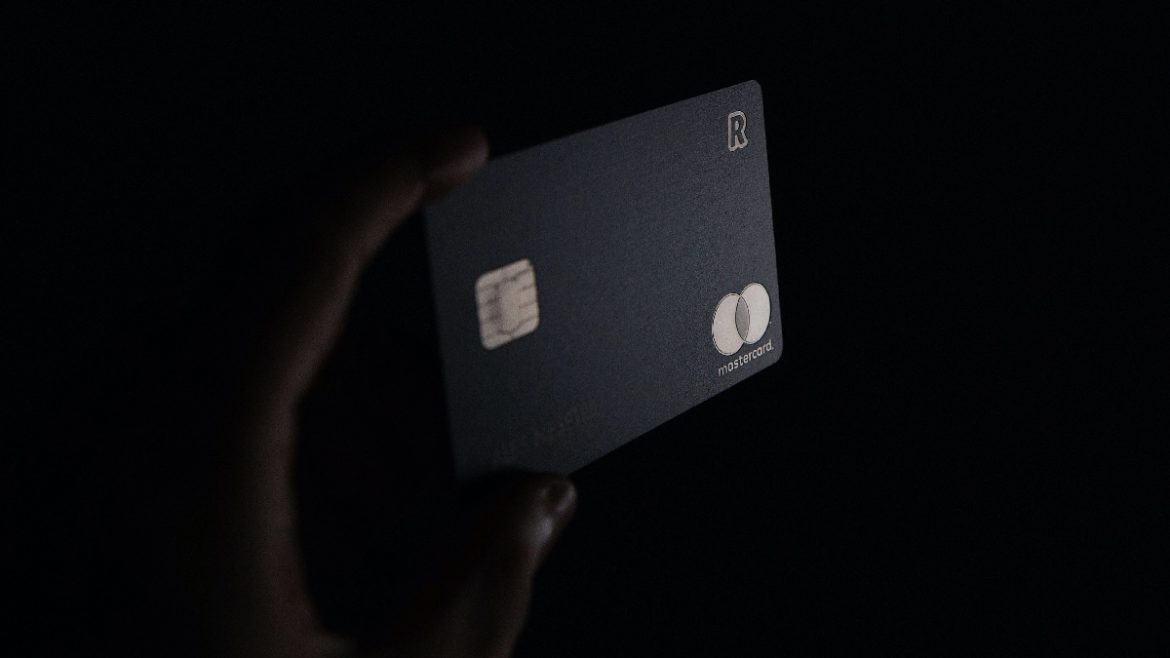You might have come across the term “credit agreement” several times over the course of your transacting history.
And if you are wondering what is a credit agreement and what exactly does it do, then the following information will help answer your questions in a comprehensive manner.
What is a Credit Agreement and Why Should You Care?
As the name suggests, a credit agreement is the main document that serves as a legally binding contract between a borrower and a lender. The borrower could be an individual or a business, with the loan being secured against the individual or the business’ assets. In some instances, unsecured loans could also be provided to businesses.
As a part of the borrowing event’s main record, the credit agreement is composed of various sections that detail the terms of the loan being borrowed.
These terms include but are not limited to the following.
Repayment Tenure. This refers to the loan period and defines an end date for the loan as agreed upon by both parties. The borrower agrees to repay the loan in full by this completion date.
Repayment Amount. This defines the amount and the frequency by which the lender must be paid. Depending upon the type of loan sought by the client, this amount might change after a predefined period – but that is not always the case.
Interest Rate. This refers to the interest rate on which the loan is being given. This is an important part of the credit agreement, as it defines the profit for the lender and the extra portion the borrower has to spend on top of the loan. This is where the borrower could negotiate on the interest rate. Once this clause is agreed upon in the credit agreement, then the interest rate stays the same throughout the loan (unless otherwise specified). The details in this section are especially definitive of what the credit agreement is trying to achieve. This is especially critical for businesses that are trying to meet their bottom line in the future, even while having a loan in place.
Guarantors. In some cases, especially in the case of unsecured loans (loans that are provided without the presence of collateral), the lender might want to involve guarantors. These are individuals nominated by the borrower, who agree to repay the loan in case the borrower fails to do so. These individuals are sometimes required to have a good credit score themselves, but that is not always the case.
Events of Default. This clause covers the hypothetical situation where the borrower has failed to repay the loan. In secured loans, events of default result in the collateral being transferred to the lender completely. In unsecured loans, this situation results in the designated guarantors having to take over for the borrower.
It is Important to Read Through the Document, Since It Stays In Effect Throughout Your Loan Tenure
It is important to understand what is a credit agreement based upon. Most of these agreements are drafted to favor the lender. This is why borrowers must make sure that they are not being treated unfairly in the deal. This is critical for businesses that are trying to negotiate multiple aspects in terms of a commercial credit agreement.
Conversely, some borrowers might want to lower the interest rate or other terms in their favor before they sign the credit agreement. This puts the lender in a difficult position. That is where they rethink their evaluation, which for individuals, comes in the form of a credit score. And for business, this reassessment comes in the form of its history, its current assets, and its future profits.
It is best to find common ground on all aspects before you start drafting the credit agreement.

1 comment
[…] What is a Credit Agreement? […]
Comments are closed.